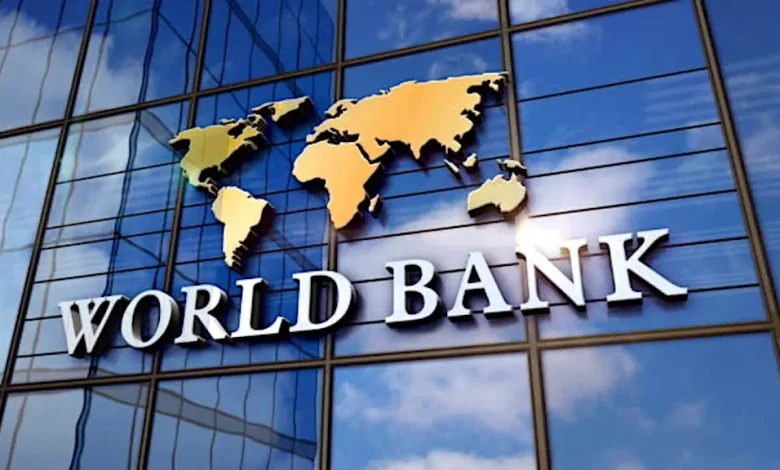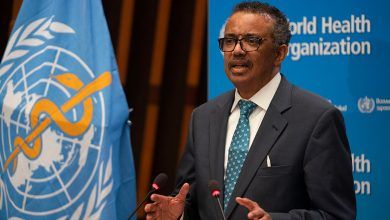
Foreign direct investment (FDI) into developing countries has plunged to its lowest level in nearly two decades, the World Bank revealed in a report released Monday, blaming rising trade barriers and protectionist policies for the sharp decline.
According to the report, FDI inflows to developing economies totaled just $435 billion in 2023, the lowest figure since 2005 and a stark warning sign for economies already grappling with debt, climate vulnerability, and slow growth. As a proportion of GDP, these investments accounted for only 2.3%, down by half from their 2008 peak.
“This drop is no accident it’s the product of policy choices,” said Indermit Gill, Chief Economist at the World Bank. “Governments have been preoccupied with building new trade and investment barriers, when they should be tearing them down.”
Gill cautioned that at a time when public debt is soaring, investment flows vital for economic stability and job creation are going in the wrong direction.
FDI’s Role at Risk
The World Bank emphasized that FDI has historically played a central role in stimulating growth, driving innovation, and creating employment in emerging markets. Yet despite this, policy frameworks that support cross-border investments have weakened.
Between 2010 and 2024, only 380 new investment treaties came into force globally less than half the number seen between 2000 and 2009, when about 870 treaties were enacted. These agreements, which provide legal certainty for investors, have traditionally served as the backbone of international capital movement.
“Revitalizing investment flows is not just desirable it’s essential,” said Ayhan Kose, the Bank’s Deputy Chief Economist. “It’s the cornerstone for achieving development goals and long-term growth.”
Growing Inequality in Investment
The report also highlighted the increasingly uneven distribution of FDI across the developing world. From 2012 to 2023, two-thirds of all FDI went to just 10 countries, with China, India, and Brazil alone attracting nearly half of the total inflows.
In contrast, the 26 poorest countries received barely 2% of global FDI during the same period a stark reflection of global capital imbalances.
Meanwhile, the broader investment climate has grown more volatile. The report points to an escalation in geopolitical tensions and economic policy uncertainty, now at their highest levels in over two decades, as additional hurdles for capital movement.
Call for Global Cooperation
In its closing recommendations, the World Bank urged renewed international cooperation to reverse the downward trend and better target financing toward countries with the greatest need.
With global development goals under threat and economic divides widening, the institution warned that restoring investor confidence and reducing policy fragmentation must become top priorities for the international community.





